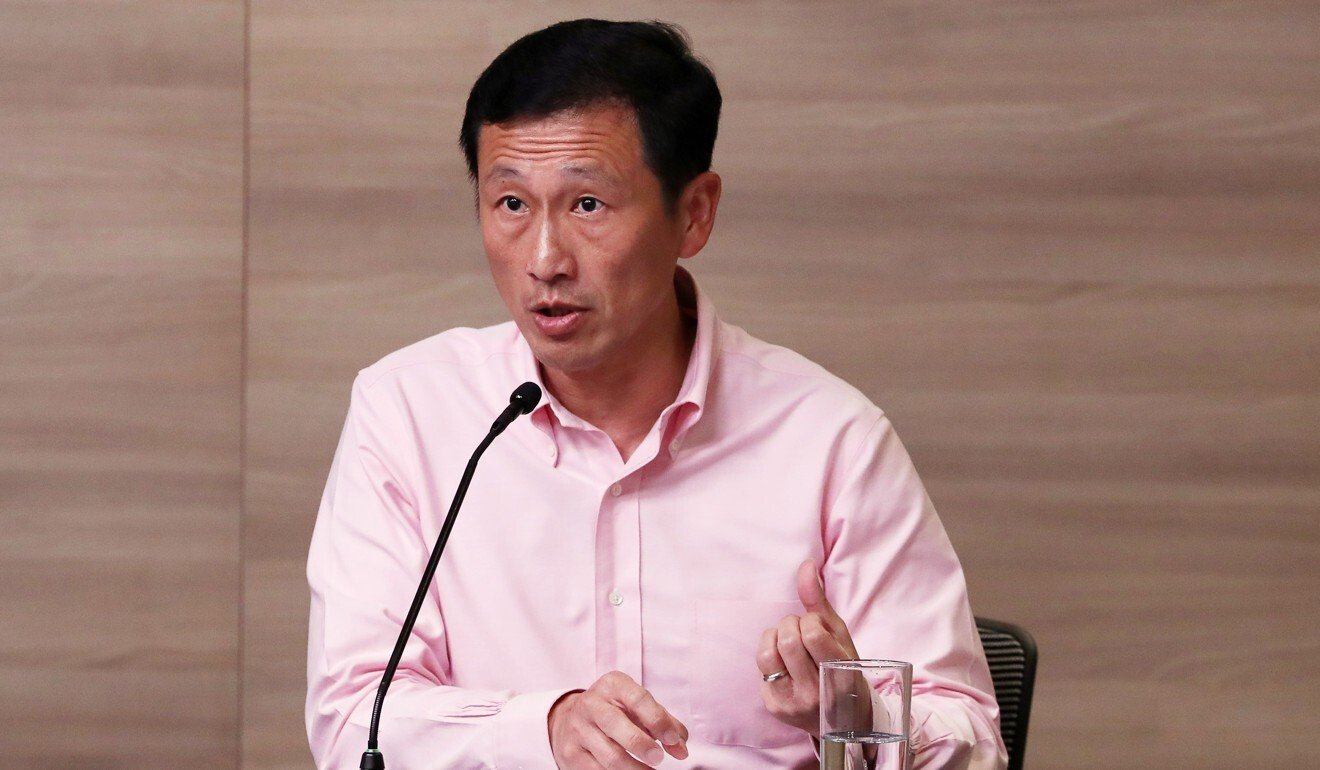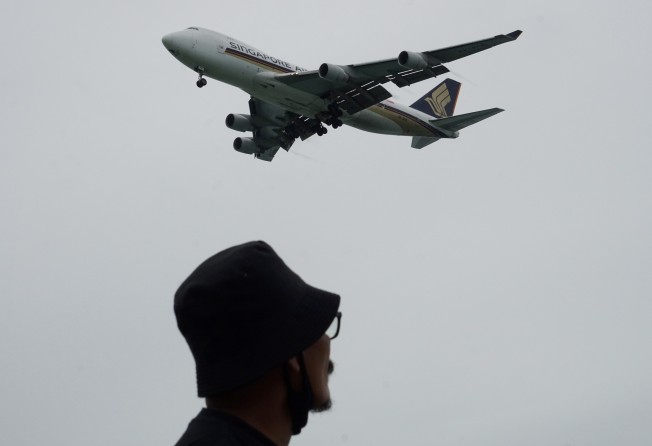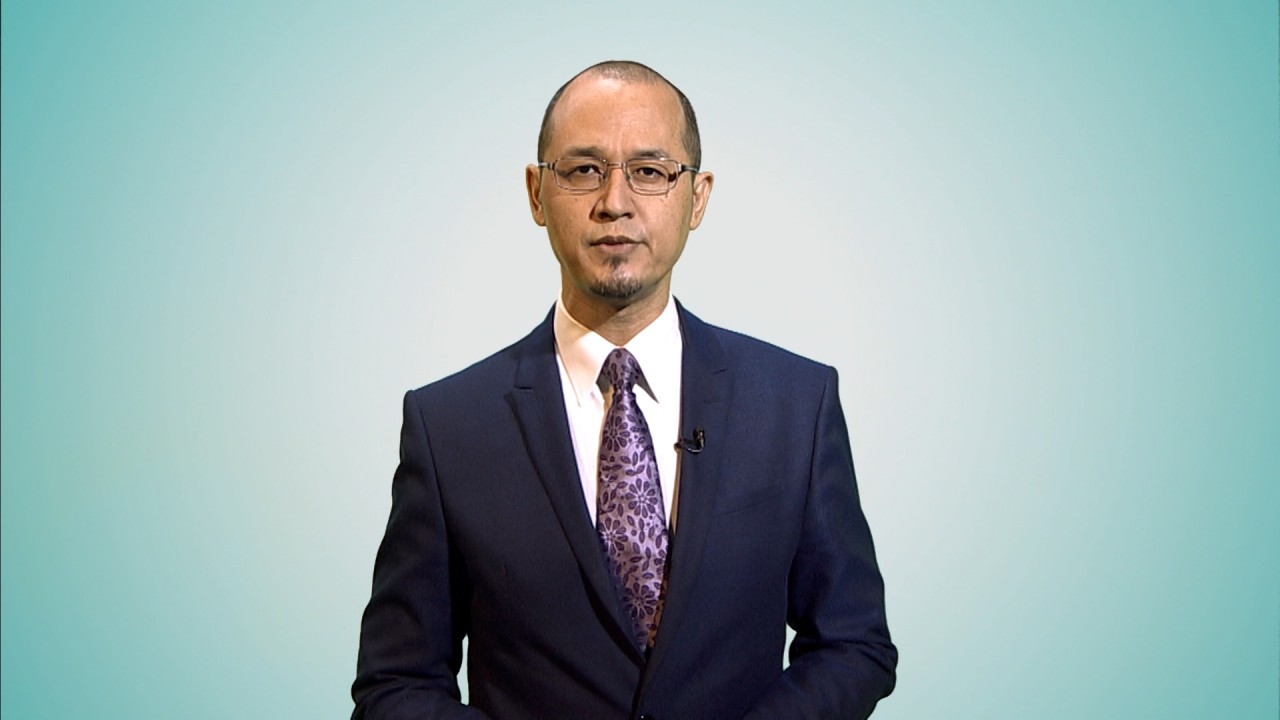
Travel bubble: what Singapore and Hong Kong’s contrasting reactions to its suspension tell us about our societies
- Singaporeans responded to the news with a mix of barely concealed glee and a smug ‘I told you so’ – symptoms of the city state’s risk-averse nature
- Fatalistic Hongkongers, meanwhile, seemed to accept the surge in infections linked to dance halls patronised by the rich as inevitable, writes Donald Low

Last Sunday was supposed to mark the start of a quarantine-free air travel bubble between Singapore and Hong Kong, until a rising number of Covid-19 infections in the latter – linked mainly to a still-growing cluster arising from sleazy dance clubs – saw the scheme put on hold for at least two weeks.
That such a cluster would emerge in these places is not entirely surprising: videos that have circulated online show their patrons’ quite blatant disregard for personal hygiene and social distancing measures.
What was more surprising, to me at least, was the contrasting responses of Singaporeans and Hongkongers to the errors made by their respective governments that led us to this point.
In Singapore, many people responded to the suspension of the travel bubble with a mix of barely concealed glee and a smug “I told you so”, blaming transport minister Ong Ye Kung for lacking the foresight to anticipate what should have been obvious: that quarantine-free travel between the city state and Hong Kong was a bad idea that should not have been contemplated in the first place.
In reality, it was quite brave of the transport minister to pursue the idea. If he had not negotiated a travel bubble, and we subsequently found out that the rise in cases over the following months was minimal and manageable, he would not be blamed for lacking the vision and appetite for risk to take advantage of the opportunity. That would have been an error of omission – of not doing something which, in hindsight, should have been done. Such errors are seldom criticised; in fact, they may not even be noticed.

By contrast, pushing for the travel bubble was an error of commission that has now exposed the minister to accusations of recklessness following the subsequent spike in cases in Hong Kong. These errors, of something that should not have been done in hindsight, are almost always criticised far more severely.
Our preference for errors of omission over those of commission leads to a status quo bias: we would rather do nothing or carry on with our current or previous decision than risk something new. This is largely caused by our fear of regret.
To understand why, consider the following thought experiment from the Nobel Prize laureate Daniel Kahneman and his long-time collaborator Amos Tversky:
- Paul owns shares in Company A. During the past year he considered switching to stock in Company B, but decided against it. He now finds out that he would have been US$1,200 better off if he had switched.
- George owned stock in Company B but decided during the past year to switch to shares in Company A. Unlike Paul, George would have been US$1,200 better off if he had kept his original stock.
The absence of Hongkongers’ revulsion reveals a society that has become jaded to the ills of entrenched privilege
So who is ultimately filled with more regret?
Kahneman and Tversky argued it would be George, because people have stronger emotional reactions to outcomes that result from them taking deliberate actions – even if the end result for Paul, who did nothing, was the same.
Because of this, public officials often have an omission bias and prefer to err on the side of inaction. This bias, in turn, results in excessive conservatism, a status quo that is in place for too long and officials who are rewarded for not taking any risks – all criticisms Singaporeans routinely level at their own government. Yet the city state’s citizens appear to see no contradiction in criticising the authorities for being too conservative and risk averse, while also rubbishing the travel bubble and saying it should not have been considered.

03:36
Covid Cha Cha: Hong Kong dances into the fourth wave
Public reaction to the dance club fiasco in Hong Kong, meanwhile, mainly came in the form of resignation and fatalism, as if the unfolding disaster was entirely unavoidable. This relatively muted reaction suggests the city’s residents are suffering from omission bias. They do not blame the authorities’ initial error of omission – failing to clamp down on dance halls earlier – as much as they would have done an error of commission. And because it was an omission, or oversight, no officials will lose their jobs.
But something other than omission bias is at play here. In other functioning societies, the discovery of wealthy, privileged individuals jeopardising the health or well-being of a society that is struggling to cope with a crisis would have been met with widespread anger and resentment. This rage fuelled the Occupy Wall Street movement during the global financial crisis more than a decade ago, a movement which led to some – albeit insufficient – reforms of the American financial system.
That this anger has largely been absent from Hong Kong is not a cause of celebration. Recall the fact that unlike previous clusters discovered among taxi drivers or bars in Tsim Sha Tsui, there are no livelihood reasons for the people who frequented the dance halls to have behaved so recklessly and irresponsibly. These tai tais could have easily afforded to hold private dance parties in their own homes.
Instead, the absence of Hongkongers’ revulsion reveals a society that has become jaded to the ills of entrenched privilege, one whose people do not see injustice even when it stares them in the face. It also reveals the hypocrisy of those elites and opinion leaders who accused protesters last year of undermining the safety and future of Hong Kong, but who now keep quiet when their fellow elites are found to be doing much the same thing.
Above all, it shows a society that is increasingly resigned to extreme inequality and the wilful blindness of the privileged few.
Donald Low is professor of practice in public policy, director of the Master of Public Management programme, and director of the Institute for Emerging Market Studies at the Hong Kong University of Science and Technology. His latest book, co-authored with Cherian George, is PAP v PAP: The party’s struggle to adapt to a changing Singapore.